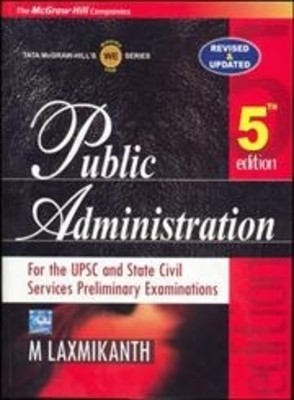
How to choose optional • Senior Advice: If you once choose a subject as your optional, you will have to live with it for many months. So choose it wisely [I switched 2 optionals. 1 st I had Public Administration and then Political Science and now Geography. So I did waste a lot of time and money in terms of books and other resources]. What to consider before choosing an optional? • Very Important: YOUR INTEREST IN THE SUBJECT [You should do what you love or you should love what you do – it was really hard for me to love PA and Political Science [Theory part].
So I switched to my all-time love – Geography]. Apollo rw 1009 driver for windows 7 1. • The complexity of the subject, availability of resources, time required. • Time: PA can be finished in 3 – 4 months.
• Resources: Books are easily available and might cost you somewhere around Rs 2000-3000. • Guidance: Most popular optional and all coaching institutes teach this subject. You should get help from Seniors and you should make groups among yourself and help out each other. So what not to consider while choosing optional • Other person’s free biased advice. • Coachingwalas free propaganda. The good thing about PA is all topics are available in books. Dungeon siege 3 pc save editor. Much net digging is not required.
Home Tags Posts tagged with 'public administration by laxmikant pdf' Tag: public administration by laxmikant pdf. GK/GS Study Material Governance in India by laxmikant PDF. By sarkari result update April 8, 2018. By sarkari result update April 8, 2018. 0 Facebook Twitter Google + Pinterest.
The bad thing is all topics are scattered in 4-5 books and all these books are bulky [500 or more pages]. You need to be INCREDIBLY CHOOSY. Books for Public Administration Optional PAPER – I – Administrative Theory • Introduction • Administrative Behaviour • Accountability and control . Almost all topics present Download from Public Administration Optional Syllabus PAPER – I – Administrative Theory Introduction • Meaning, scope and significance of Public Administration; Wilson’s vision of Public Administration; Evolution of the discipline and its present status; New Public Administration; Public Choice approach; Challenges of liberalization, Privatisation, Globalisation; Good Governance: concept and application; New Public Management. Administrative Thought • Scientific Management and Scientific Management movement; Classical Theory; Weber’s bureaucratic model – its critique and post-Weberian Developments; Dynamic Administration (Mary Parker Follett); Human Relations School (Elton Mayo and others); Functions of the Executive (C.I.

Barnard); Simon’s decision-making theory; Participative Management (R. Administrative Behaviour • Process and techniques of decision-making; Communication; Morale; Motivation Theories – content, process and contemporary; Theories of Leadership: Traditional and Modern. Organisations • Theories – systems, contingency; Structure and forms: Ministries and Departments, Corporations, Companies, Boards and Commissions; Ad hoc and advisory bodies; Headquarters and Field relationships; Regulatory Authorities; Public – Private Partnerships. Accountability and control: Concepts of accountability and control; • Legislative, Executive and Judicial control over administration; Citizen and Administration; Role of media, interest groups, voluntary organizations; Civil society; Citizen’s Charters; Right to Information; Social audit. Administrative Law • Meaning, scope and significance; Dicey on Administrative law; Delegated legislation; Administrative Tribunals. Comparative Public Administration • Historical and sociological factors affecting administrative systems; Administration and politics in different countries; Current status of Comparative Public Administration; Ecology and administration; Riggsian models and their critique. Development Dynamics • Concept of development; Changing profile of development administration; ‘Antidevelopment thesis’; Bureaucracy and development; Strong state versus the market debate; Impact of liberalisation on administration in developing countries; Women and development – the self-help group movement.